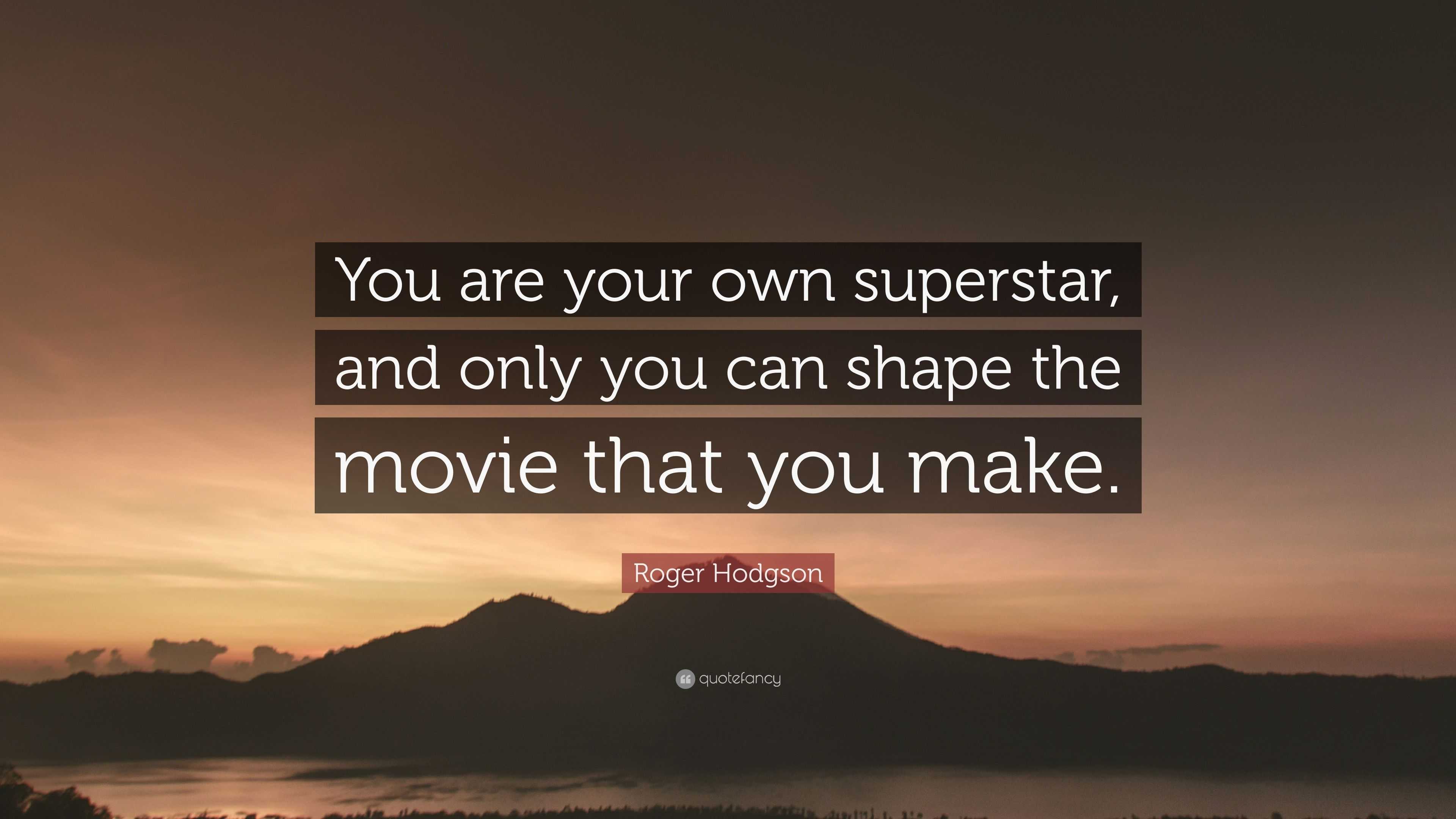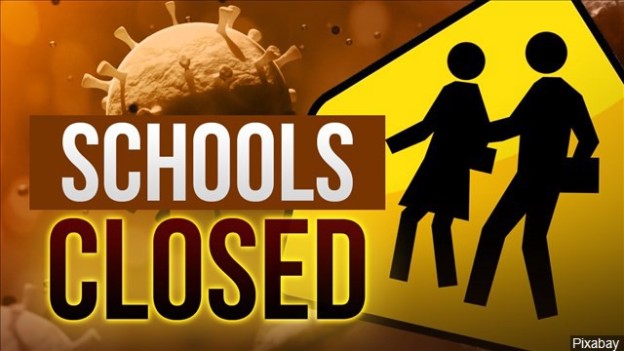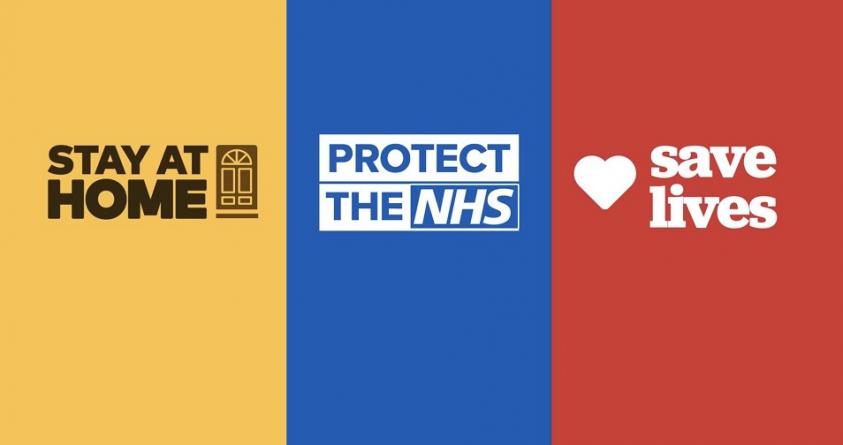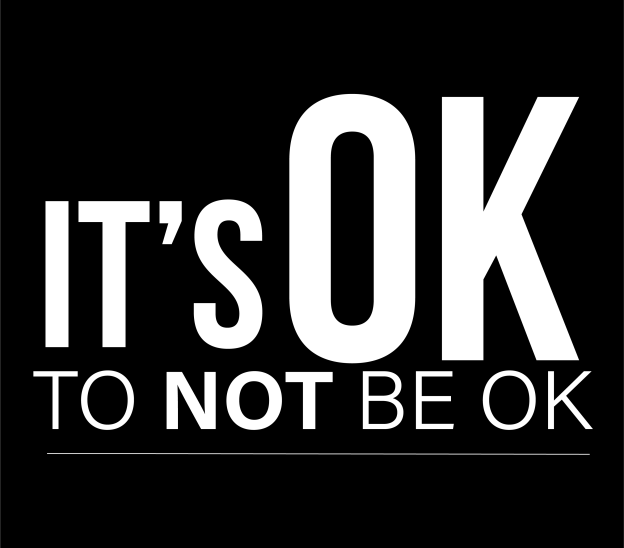As we sniffle, cough and wheeze our way into the final week of term ensuring we hit deadlines, finish projects and deliver the final Nativity and Carol service, we might also reflect upon our health and wellbeing as the term and the calendar year draws to a close.
So how are you? You may say you are ok just to move on the conversation to something else, or avoid it altogether. What if you are not ok? Is anyone listening? Are you listening? To yourself and others?
Do we ask each other how we are often enough? Are we afraid of the answer?
Christmas can be a tricky time of year for some of our families but also for some of our teachers and support staff too. Who might be departing at the end of the week to a fortnight alone, to family problems, to a relationship under strain, to difficult neighbours or to financial stress?
One easy step schools can take is to make your teachers aware of the work of the Education Support Partnership, particularly in relation to financial hardship and also to staff engagement and wellbeing as well as to their Christmas awareness campaign and helpline 08000 562 561.
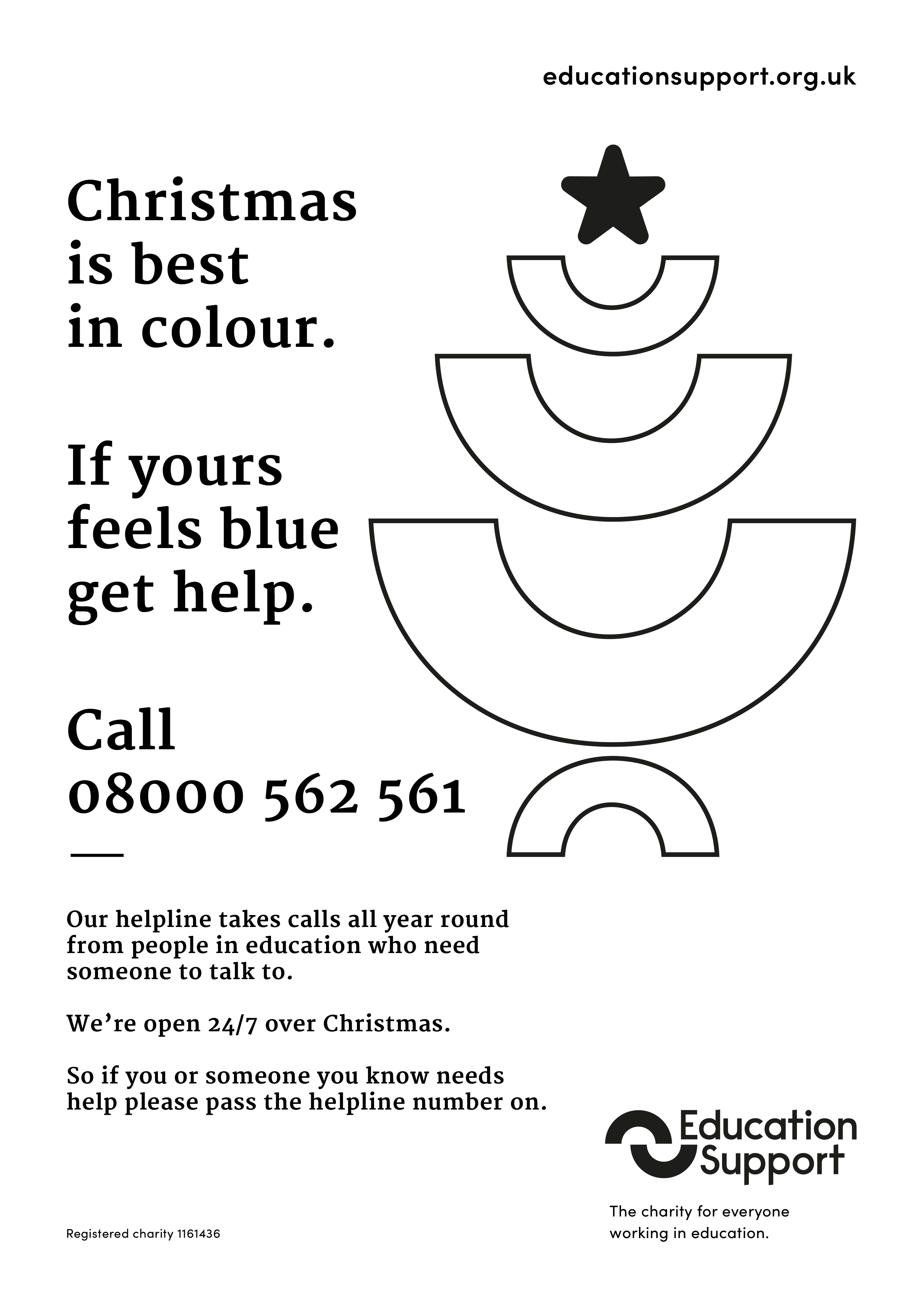
Do we thank our staff enough? Regularly and properly?
What are your welbeing strategies? A wellbeing gift bag is a nice thing to do and many will be grateful to receive it, but if your wellbeing strategy is literally the gift bag, but no strategy then the message might be “Sorry for working you so hard; here’s a bathbomb and some Ferrero Rocher.”
Below are a few books that the team at Healthy Toolkit HQ suggest for a wellbeing reading list, maybe books that might form a wellbeing library on your CPD shelf. This is no ‘bestselllers list’ and they aren’t in any order of preference. Each are different and each promote wellbeing in its very broadest sense.
First up, recently written by our co-founder Andrew Cowley is The Wellbeing Toolkit which builds on the notion that wellbeing needs to be strategic, principled and ingrained in the school culture. Andrew also suggests that wellbeing is universal and that the principles we apply in schools could be used in any workplace.

Tammie Prince, a good friend of Healthy Toolkit, has written Mindfulness in the Classroom in the 100 Ideas range, a practical and highly usable text to enable mindfulness techniques to be employed as part of the class routine. Look out for Tammie’s new book, 50 Fantastic Ideas for Mindfulness. published last summer.

Victoria Hewett writes with passion and refreshing honesty. Making it as a Teacher tells Victoria’s story and how to make it through the first five years- the crucial time for our profession where we are losing so many young teachers to burn out. Tips, anecdotes and practical advice abound in this very readable book.
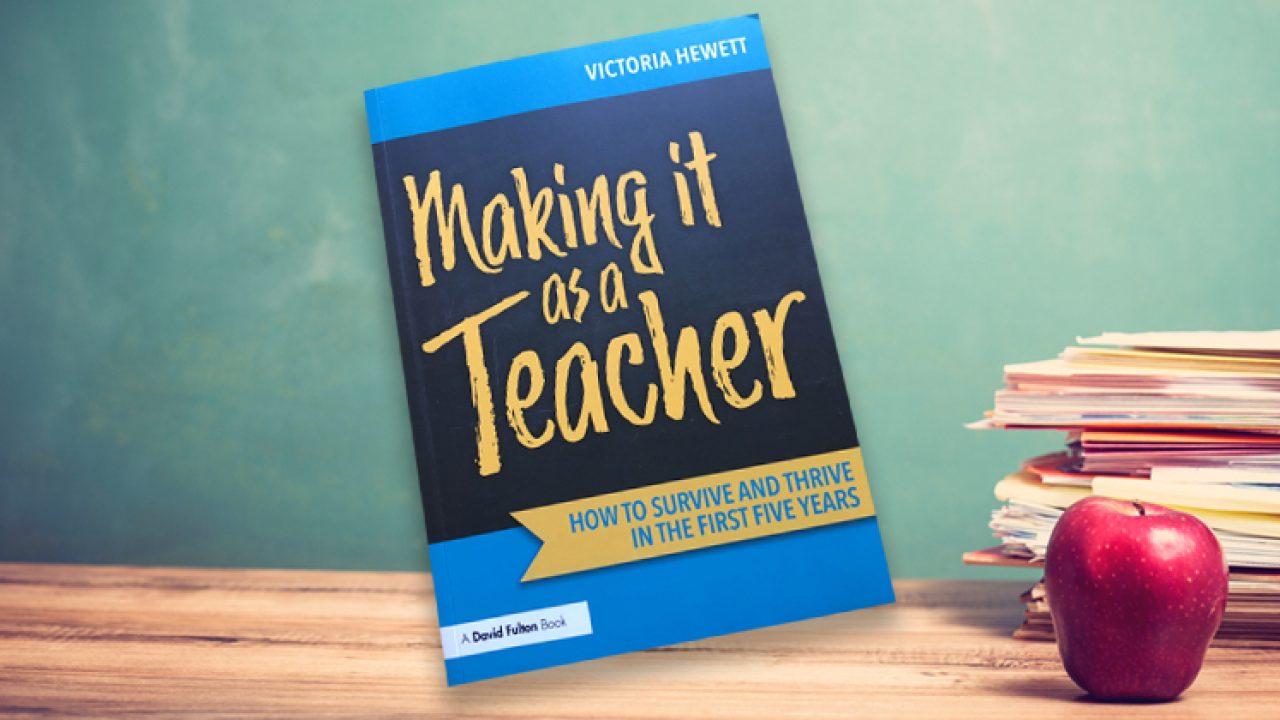
Adrian Bethune’s Wellbeing in the Primary Classroom is the perfect primary accompaniment the above. With Sir Anthony Seldon having written the foreword, Adrian draws from his experience and detailed knowledge of child psychology with practical and usable guidance for embedding a wellbeing culture. Your children will love making the class flags!

Mental Health and Wellbeing on a budget, addressed in a practical handbook written by the inspirational and passionate Clare Erasmus. The Mental Health and Wellbeing Handbook sets out aa practical approach to mental health and wellbeing that any school can adopt to transform their mental health support for students, with a focus on providing staff with practical tools on a limited budget. It sets out a roadmap for staff to create robust mental health support for students without requiring qualifications in psychology or counselling. It covers key areas including staff training, creating safe spaces for wellbeing and how to harness the support of parents and the local community. It also includes practical advice for addressing concerns such as stress, self-harm and body image.

In How to Survive in Teaching Emma Kell relates some tales of the most toxic of school environments, with one particularly harrowing example. There are a number of examples of poor practice that Emma highlights, but the overall mood of the book encourages and demonstrates how to keep positive, flourishing and to keep teaching.

Abigail Mann writes practically and purposefully about self-care in Live Well, Teach Well Putting your own oxygen mask on first’ is an essential of self-care and Abigail expounds the benefits of a good work-life balance whilst also discussing the wellbeing needs of the whole school community. Abigail’s book sits perfectly alongside the others on our list.

Our final selection is from James Hilton: Ten Traits of Resilience looks at building positivity and purpose through school leadership. In an increasingly complex and ever-changing education landscape, school leadership is a rewarding but multifaceted profession. In order to survive in the job long term, school leaders need to understand how they can lead with positivity and purpose, all the while avoiding stress, coping with adversity, and taking better care of themselves physically and mentally. With teacher wellbeing and retention a growing concern, it is essential school leaders pass on this confidence and optimism to their staff members too.

Maybe Santa might pop one or two of these in your wellbeing bag!



